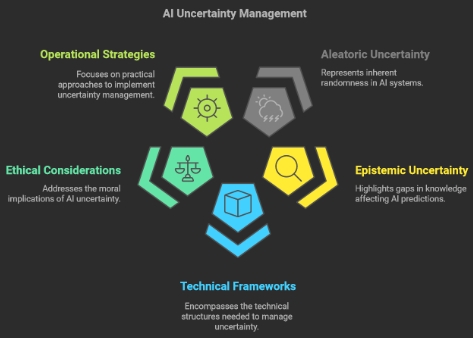Navigating the Unknown: The Rise of Uncertainty in Artificial Intelligence
As artificial intelligence (AI) continues to advance at a rapid pace, the field is increasingly facing a new challenge: uncertainty.
The Limits of AI
AI systems are typically designed to make decisions based on patterns and data, but they struggle with uncertainty – situations where there is not enough information or where the outcome is unpredictable.
The Role of Probabilistic Models
To address uncertainty, many researchers are turning to probabilistic models, which allow AI systems to assign probabilities to different outcomes and make decisions based on those probabilities.
Challenges of Uncertainty
Uncertainty poses a number of challenges for AI systems, including the risk of making incorrect decisions and the need for more complex algorithms to handle uncertain situations.
Building Trust in AI
One way to address uncertainty in AI is to focus on building trust with users. This can be done through transparency, explainability, and allowing users to provide feedback on AI decisions.
The Future of AI
As AI becomes more advanced and pervasive, the ability to navigate uncertainty will be crucial for the field to continue to progress and for AI systems to be trusted and reliable.
In conclusion, uncertainty is a rising challenge for AI, but by embracing probabilistic models and focusing on building trust with users, the field can navigate the unknown and continue to innovate and improve.

